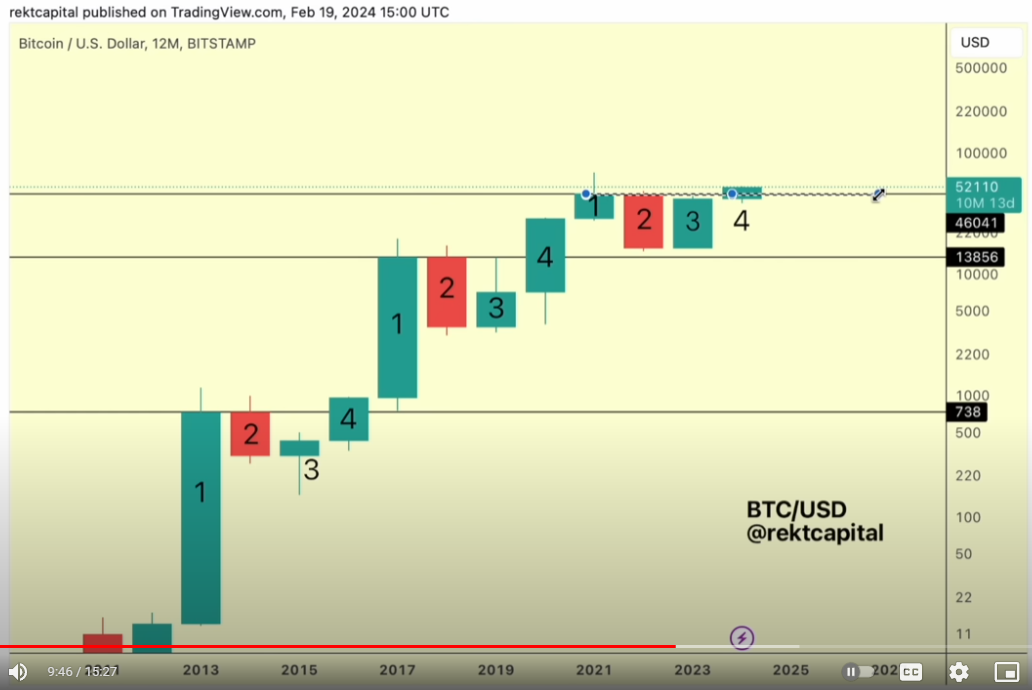
Following Paypal’s declaration about the introduction of a fresh stablecoin, the smart contract address has revealed that the quantity of PYUSD stood at approximately 26.9 million. In the subsequent 22 days, the supply of PYUSD has risen by over 60%, now totaling 43.3 million.
Paypal’s Stablecoin Supply Surged by 60%, but the Dollar-Pegged Token Is Nowhere Near Today’s Stablecoin Giants
Paypal’s stablecoin has experienced a growth of more than 60% in its supply in under a month’s time. At present, there are 43.3 million PYUSD in existence, and approximately 346 distinct addresses hold PYUSD.
Despite the supply increase, the coin has only recorded a scant total of 1,462 transfers since its launch. Moreover, the Paxos-operated contract address holds 34.99 million PYUSD, approximately 80.8277% of the overall supply.
Paxos’ Treasury address ranks second-largest, containing 8.7797% of the supply or 3.8 million PYUSD. The third-largest PYUSD holding belongs to Crypto.com, with 2.79 million PYUSD, and the fourth-largest wallet also belongs to Crypto.com, controlling 1,101,601 PYUSD.
The fifth-largest PYUSD address, containing 500,005 tokens, lacks a label but is associated with a Kraken deposit address. The sixth-largest wallet is a Uniswap wallet, securing 47,722 PYUSD.
A substantial portion of the PYUSD cache rests with Paypal and essentially Paxos, alongside exchanges and market makers. The top 100 holders still collectively possess 99.99% of the entire PYUSD supply.
The PYUSD supply is notably small compared to today’s stablecoin giants, securing the 24th spot among the top 50 stablecoins. Other stablecoins with similar-sized market valuations include magic internet money (MIM) and bob (BOB), both boasting $49 million in market capitalization.
When contrasted with the dominant stablecoin tether (USDT), PYUSD makes up a mere 0.052% of USDT’s $82 billion market capitalization. When evaluating the $26.12 billion valuation of USDC, PYUSD accounts for a modest 0.16% portion of USDC’s comprehensive net valuation.
In recent weeks, the Paypal stablecoin has experienced growth. However, it falls considerably short of matching the scale, engagement, and trading levels set by numerous leading stablecoins.
Although the brand recognition and foundation provided by the payments giant offer some advantages, there is still a considerable journey ahead for PYUSD to emerge as a prominent player among stablecoins.
What do you think about Paypal’s stablecoin and its activity over the past few weeks? Share your thoughts and opinions about this subject in the comments section below.





